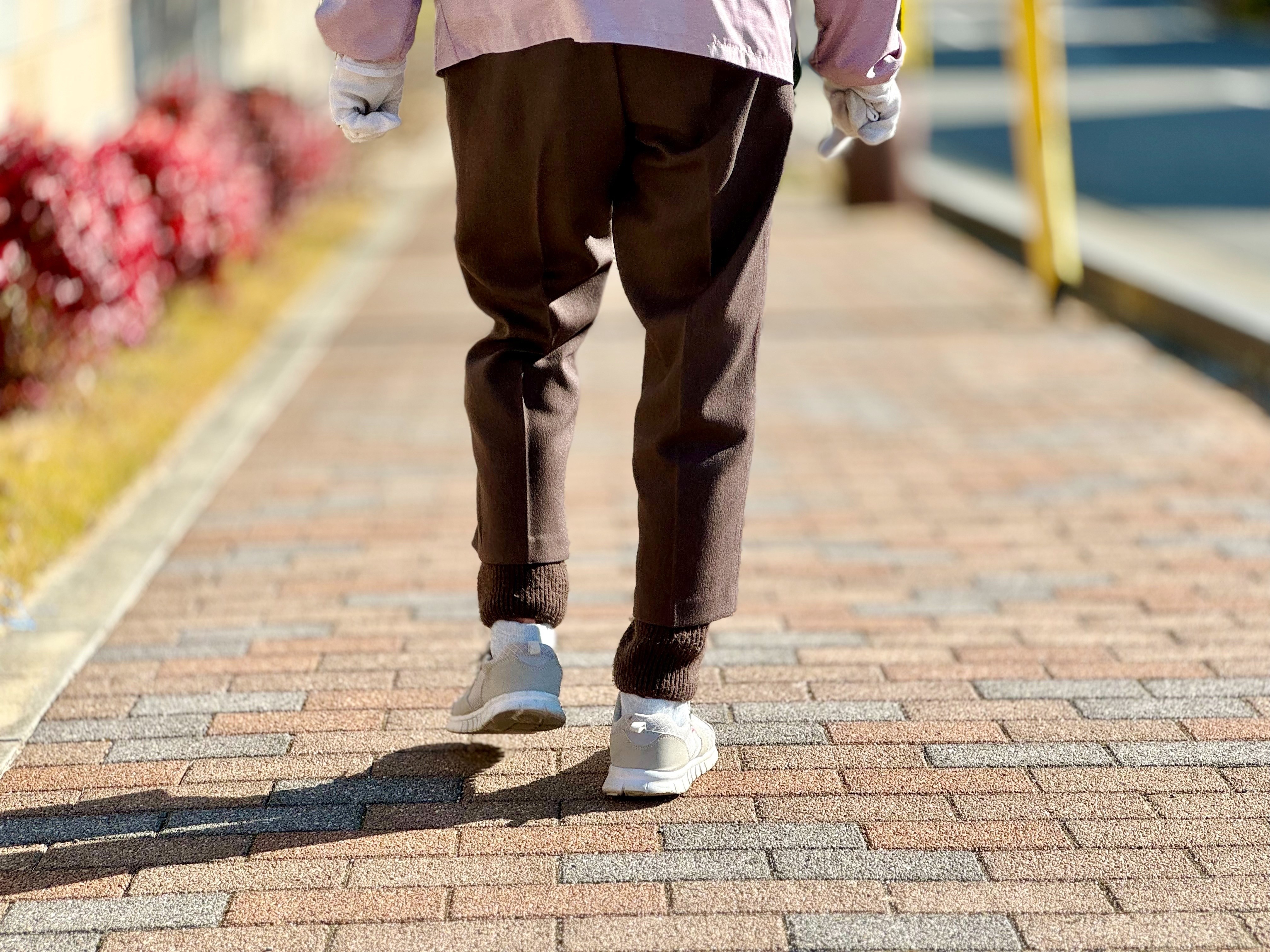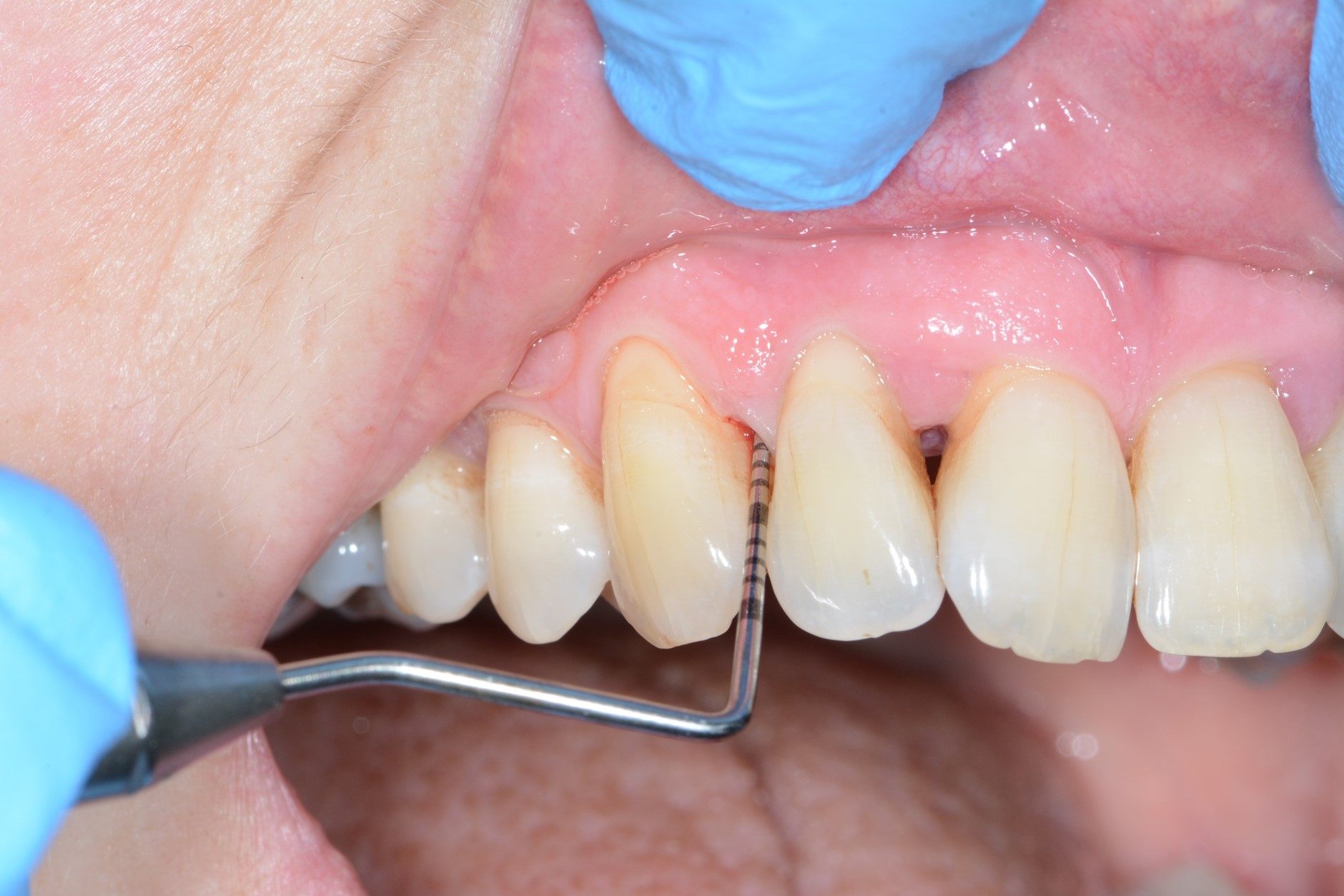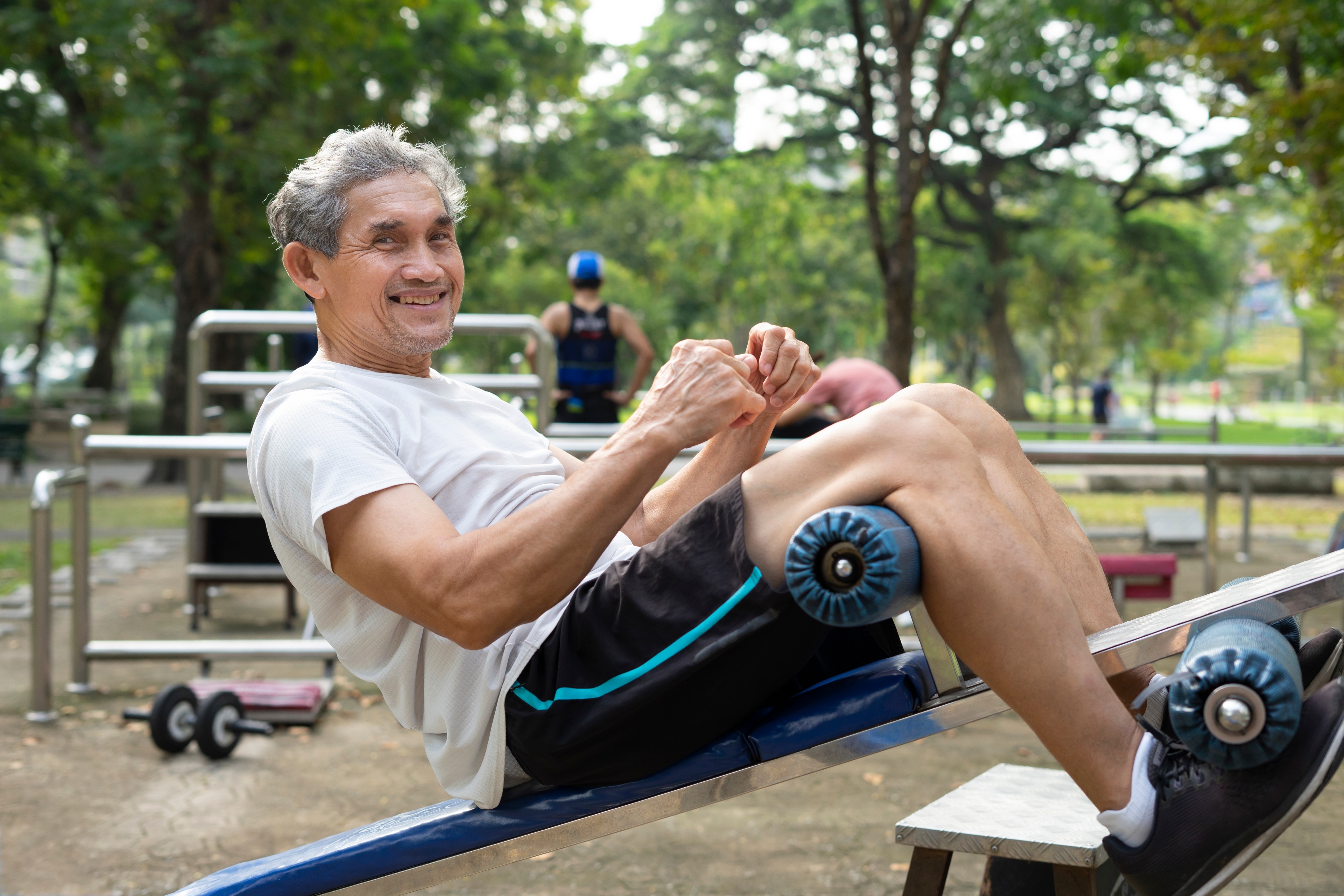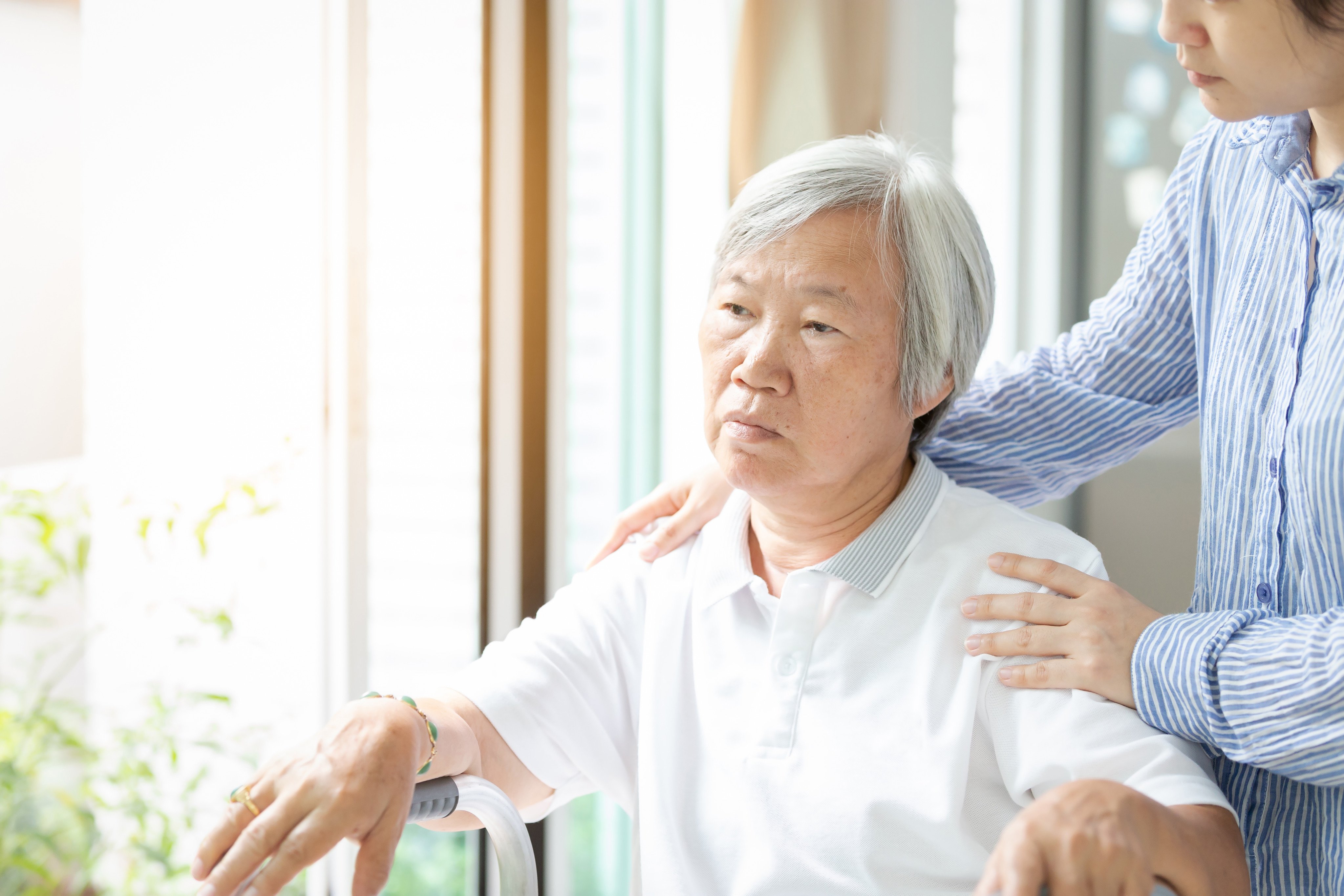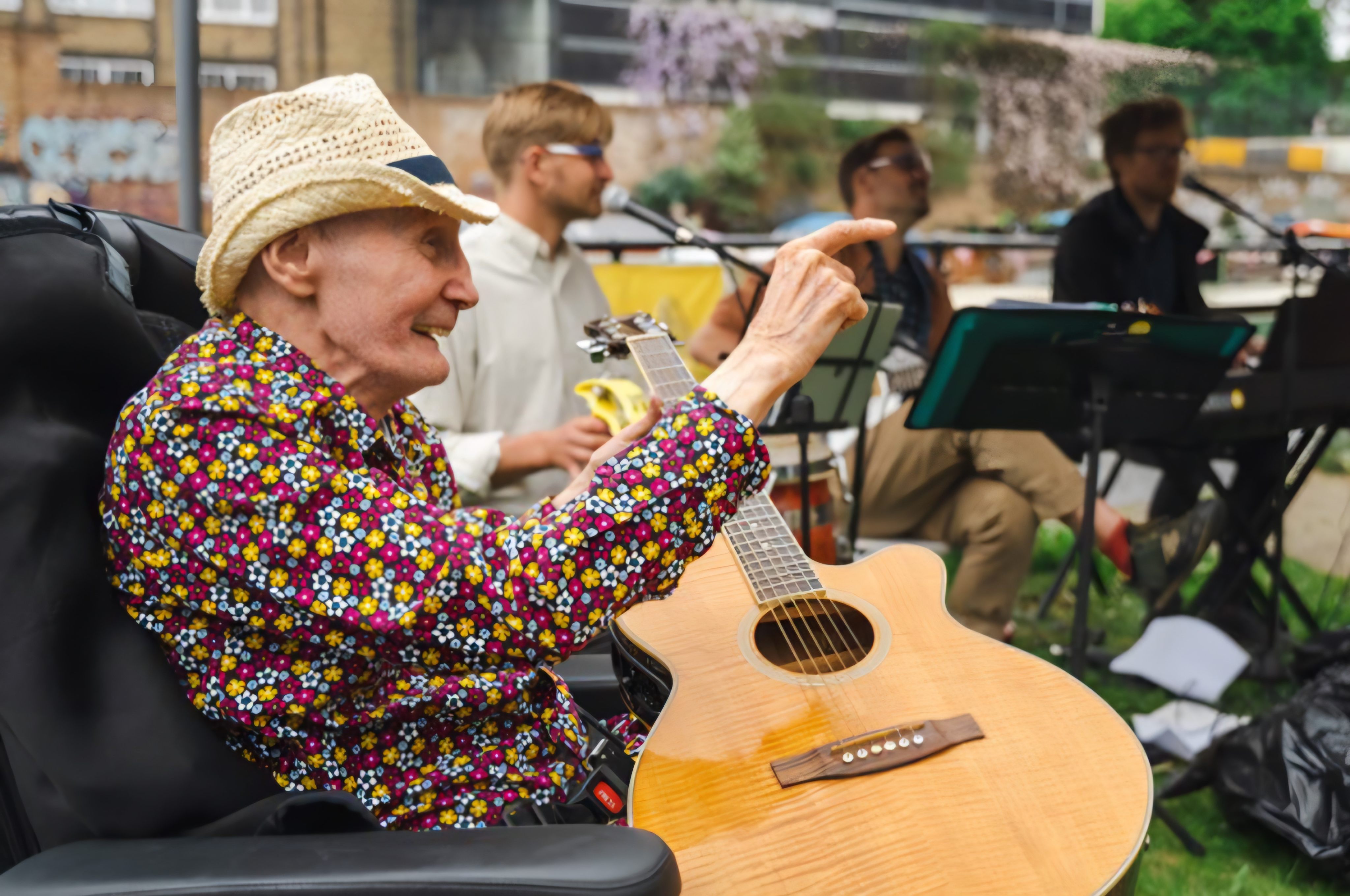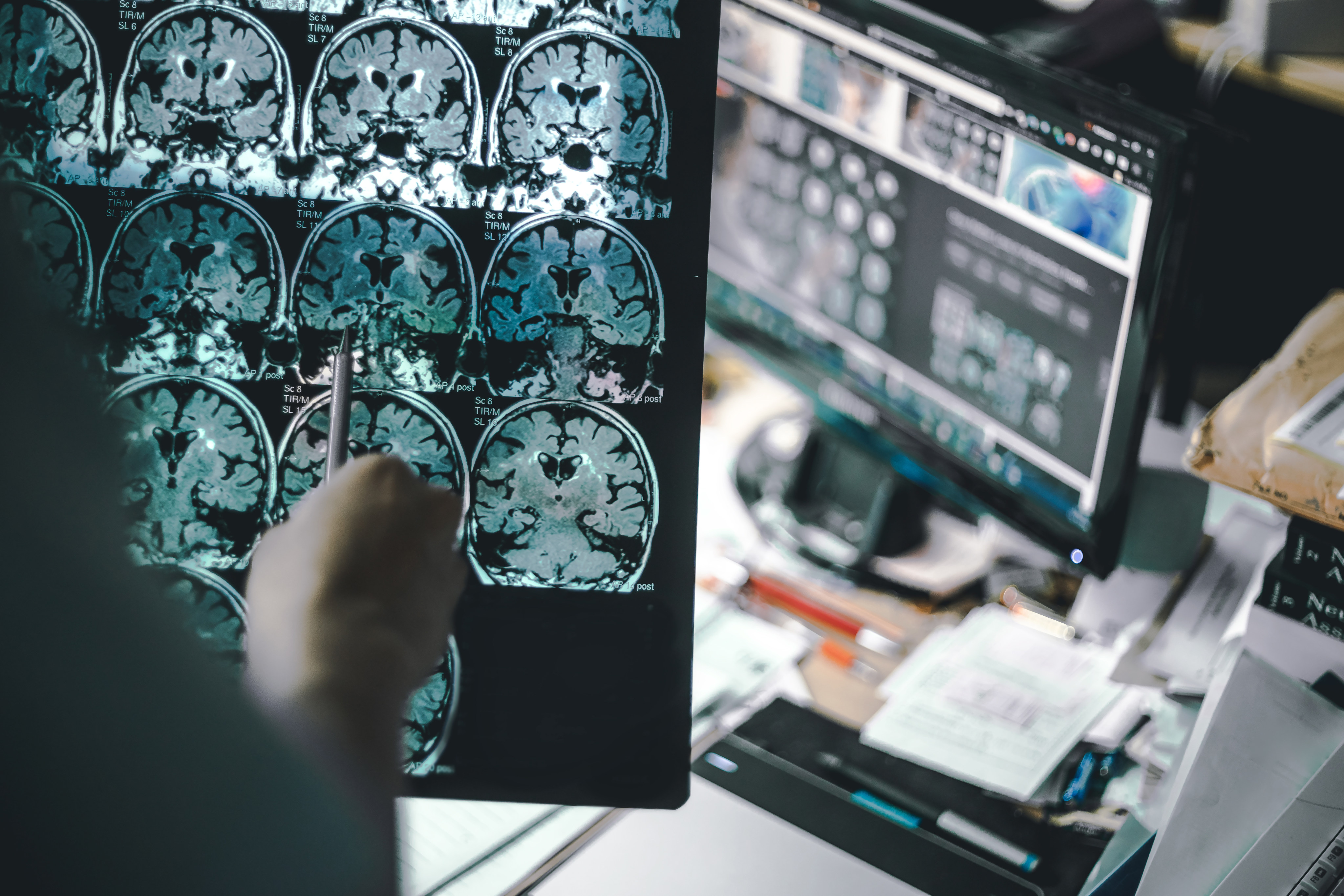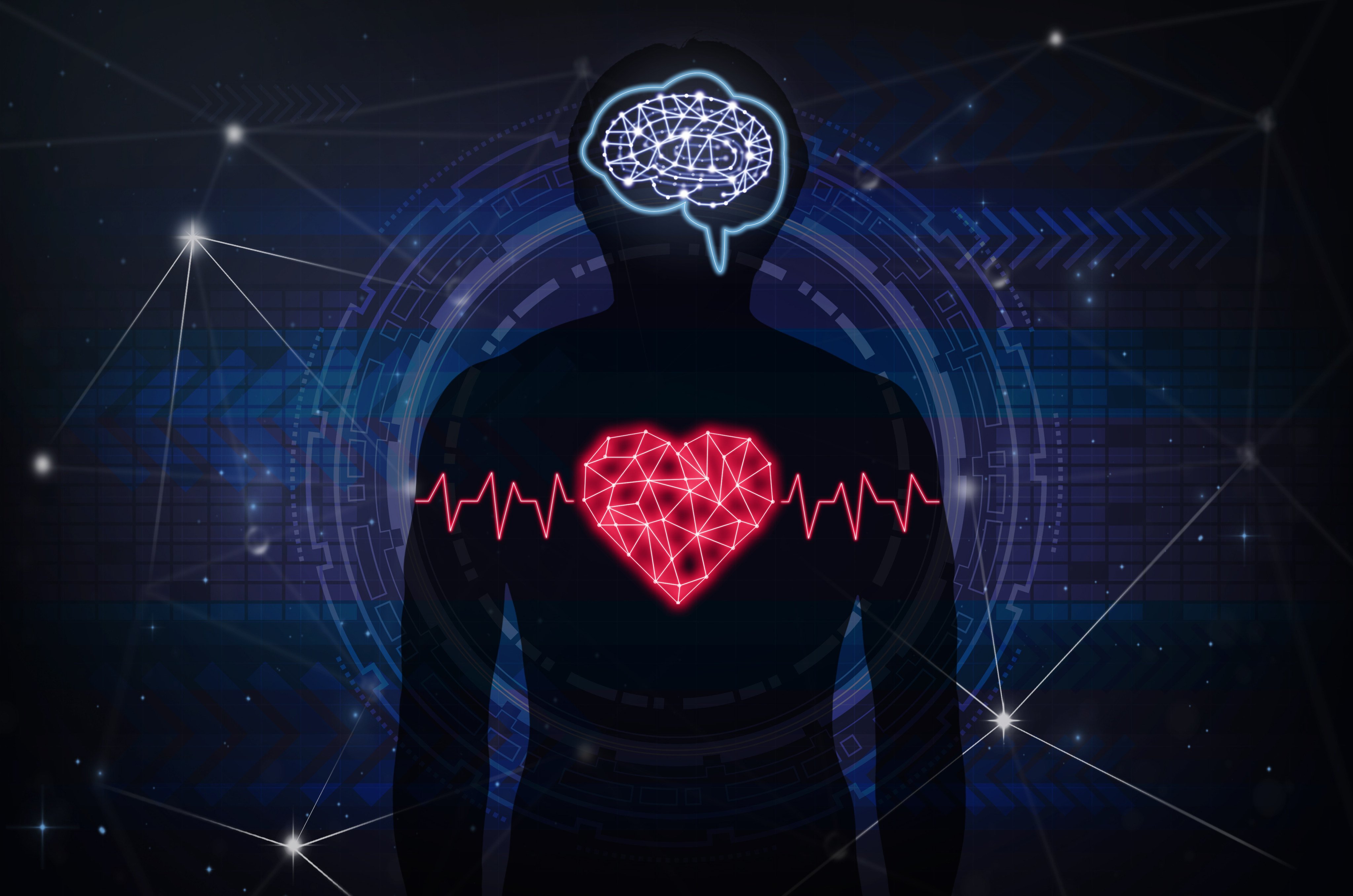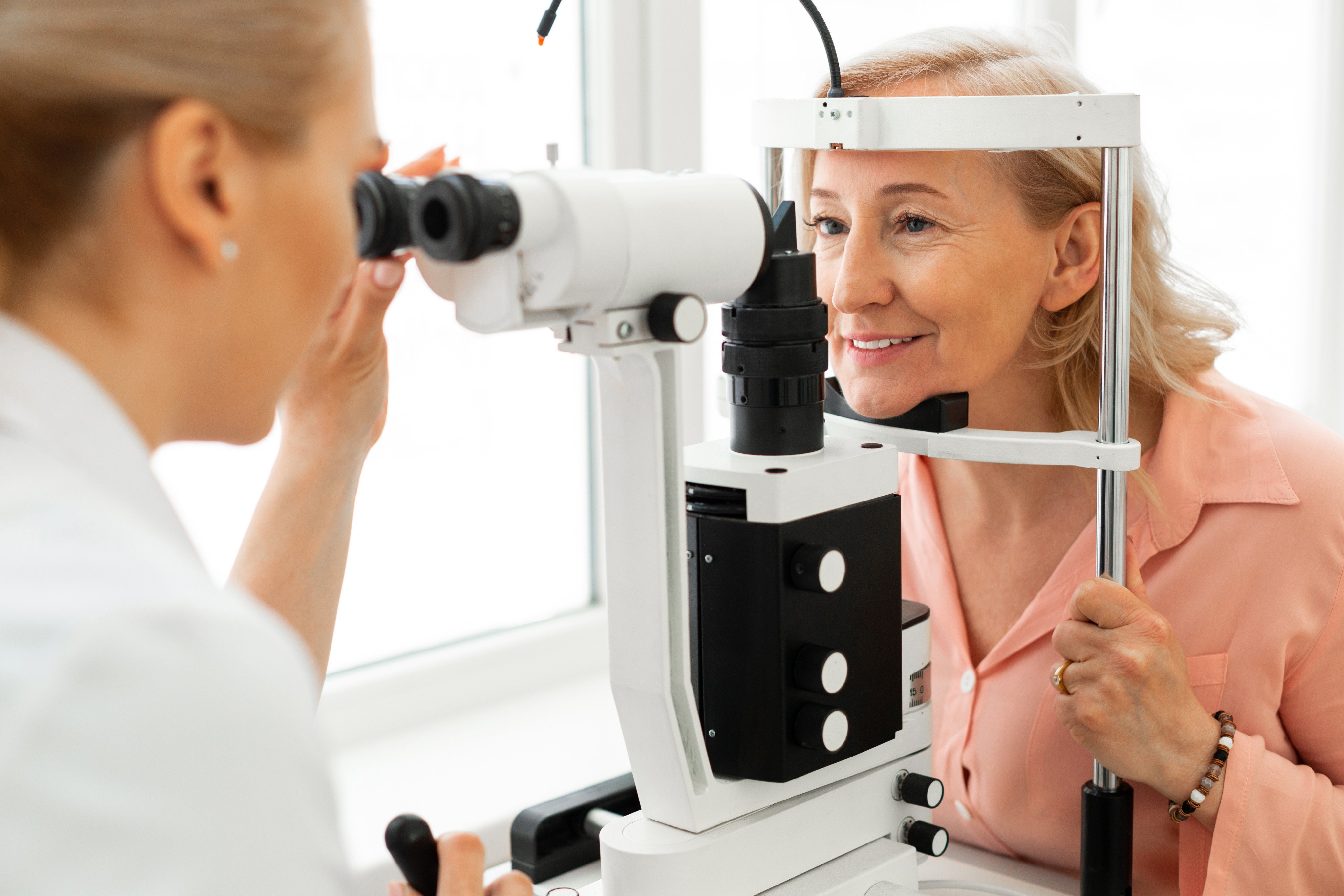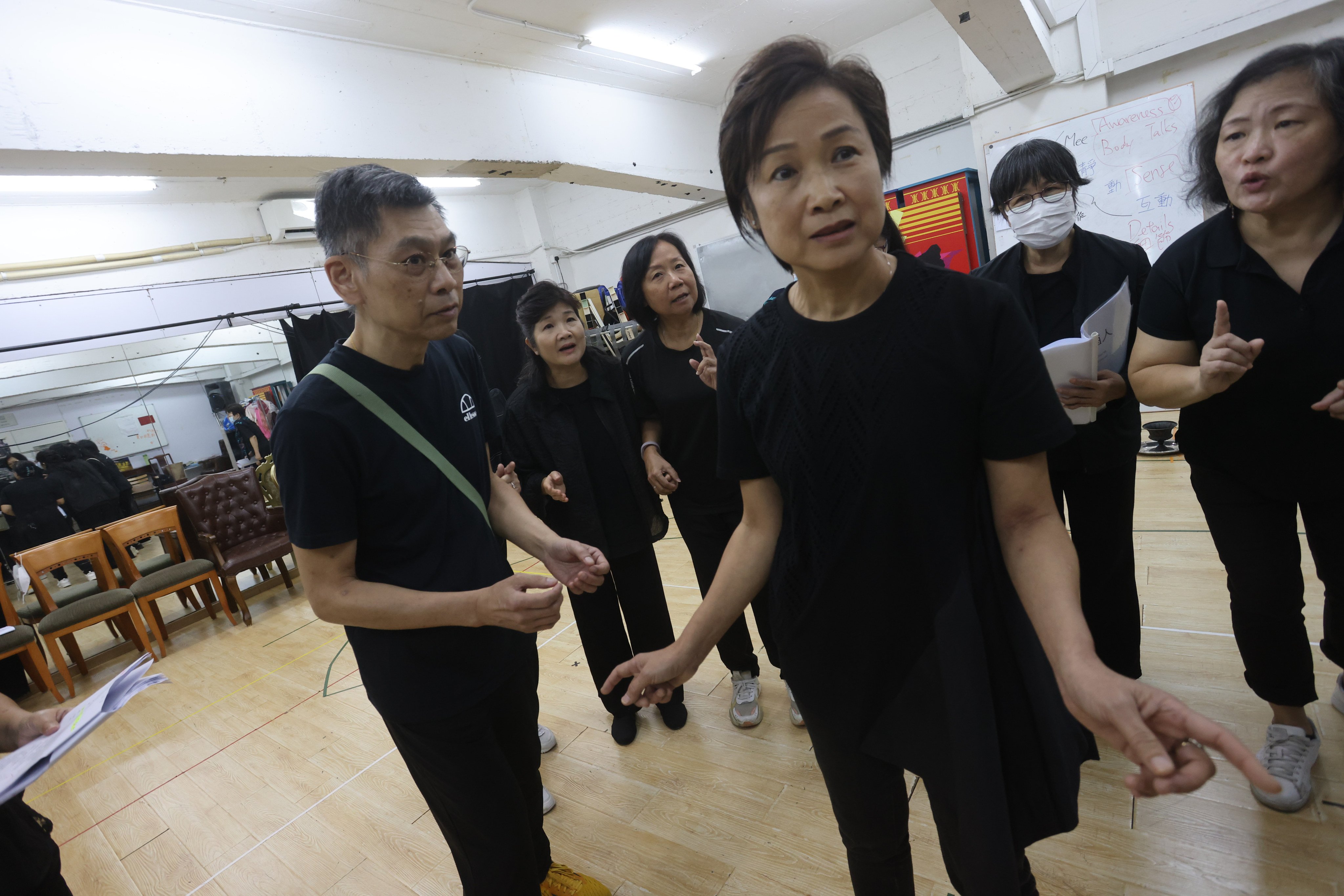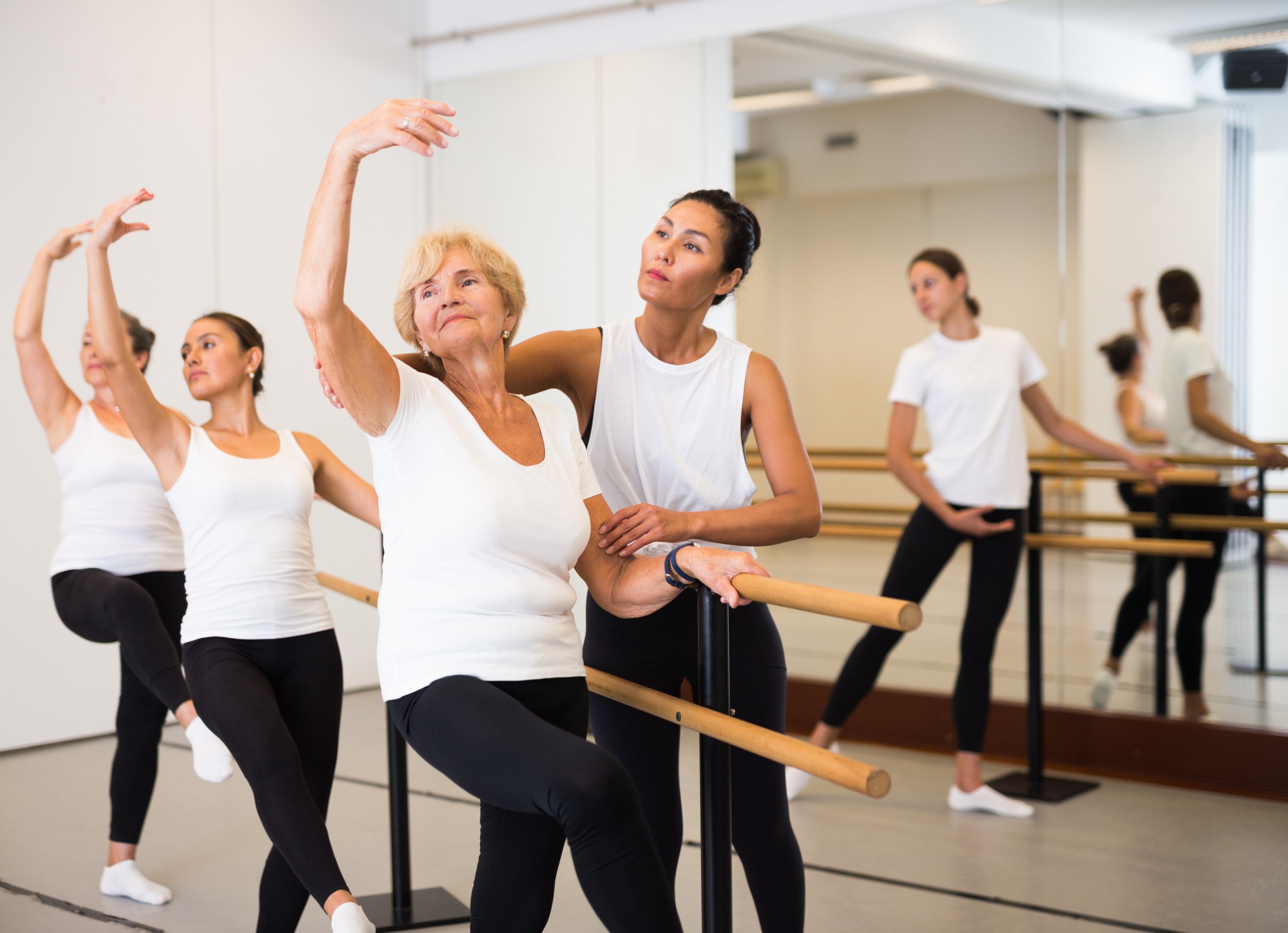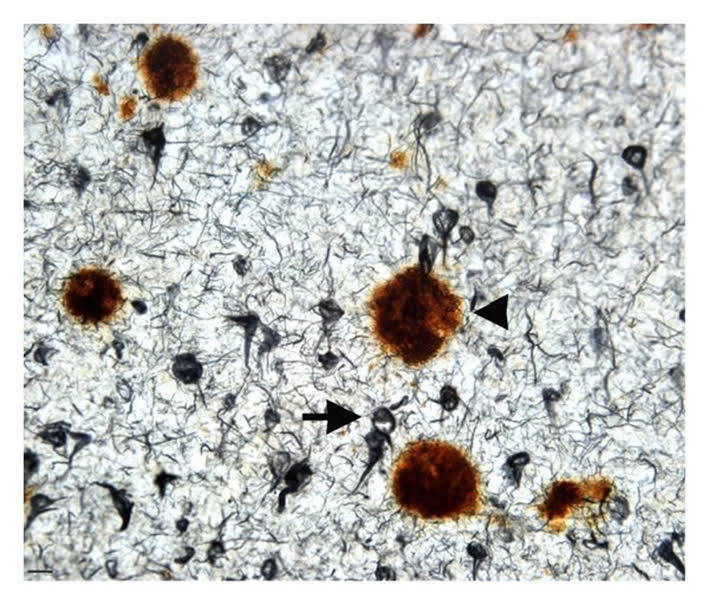
Topic
This condition – which robs people of their memory, their ability to think and make decisions – affects more than 55 million worldwide. Here’s where you’ll learn what you can do about dementia, from changing your lifestyle to lower your risk of getting it to spotting the warning signs in older people. Discover the latest news on potential drugs to treat, even cure, the disease, and the best ways to manage it.
New drugs to deal with diseases such as Alzheimer’s are worth a try but ultimately, identifying patients before the onset of symptoms is the best way forward for ageing societies.
- What’s good for the heart is good for the brain; studies show the Tsimané tribe has very good heart health and only about 1 per cent of its elders have dementia
- A farming, fishing and foraging lifestyle helps the Tsimané keep heart and brain disease at bay, as does healthy eating, walking and community living
Changes in gait – particularly difficulty walking a curved path – may be an early sign of dementia, an expert says; families should be on the lookout to help protect a sufferer’s safety and quality of life.
Couple were discovered unconscious when helper went into man’s bedroom to help him change a diaper.
A stroke increases the short-term risk of dementia, which is no surprise, but new research shows the increased risk can last for 20 years after a stroke, even after recovering some abilities post-stroke.
Bad dental hygiene could affect your brain health in the future, according to a study that says the risk of Alzheimer’s is 21 per cent higher in people with poor hygiene and gum disease.
From Hong Kong talent scheme entrants earning HK$50,000 a month to how statins can lower the risk of dementia, here are a few highlights from SCMP’s recent reporting.
Early identification can allow for treatment options that would be otherwise unavailable if condition had progressed, according to researchers.
Recent studies indicate statins, taken by 200 million people to lower cholesterol, can help stave off dementia, and a doctor recommends boosting this with a good diet and exercise.
Team finds ‘important plasma biomarkers for future dementia prediction’ with their data-driven strategy, according to paper in Nature Ageing journal.
Speaking more than one language can delay dementia symptoms because it boosts what scientists call our cognitive reserve. The more you use a second or third language, the better, research shows.
For some people with dementia, music therapy has been shown to improve their thinking, feeling, perception, mood and behaviour. It can be used as part of a care plan, say experts.
China has approved the sale of Leqembi, an antibody that has shown to slow progression of the disease for people in the early stages of Alzheimer’s. The drug will be launched in the third quarter.
Up to 40 per cent of all dementia cases are related to factors that also increase one’s chances of developing cardiovascular disease, highlighting the importance of heart health, research finds.
As research finds strawberries to contain a compound that could help prevent dementia, we look at their benefits and those of other brain-boosting foods such as salmon, walnuts and wasabi.
People who sat for 10 hours a day or more greatly elevated their dementia risk, a study finds. An expert explains the dangers of a sedentary lifestyle, and how even light aerobic exercise can help.
Neuroscientist Mark Mattson explains how intermittent fasting may promote brain health and protect against diseases such as Alzheimer’s, with tips on how to begin and how long to fast for.
Depression is not contagious, but can affect you if you look after someone with the condition, a psychiatrist says. A Singapore lawyer with depression, and her fiancé, stress the need for self-care.
Your eyesight can affect your mental health, according to a recent study, which found a link between vision problems and increased risk of dementia. Experts advise getting your eyes checked regularly.
Covid-19 restrictions speeded up brain deterioration in people over 50, a long-term study of over 3,000 subjects has found, raising ‘important questions’ about their increased risk of dementia.
Life education group Arts’ Options gives drama training to over-55s in Hong Kong, and hopes to form the city’s first professional older-age acting troupe. Participants gain self-worth and new skills.
Seth Rogen and Lauren Miller Rogen started Hilarity for Charity after her mother developed Alzheimer’s. The charity pays for professionals to relieve family carers and teaches young people about the disease.
A recent study on how to live longer found that adopting eight healthy lifestyle habits by age 40 could add an average of 24 years to a man’s life, and 21 years to a woman’s.
Excess belly fat can put us at increased risk of dementia as we age, studies show. Experts explain the link and offer advice on how we can lose weight to avoid our brains atrophying.
New blood-based biomarker tests from Hong Kong-based Cognitact and US-based Quest could detect Alzheimer’s disease early, giving people a chance to work on interventions.
A few minutes of brisk activity – walking up stairs, walking faster than normal, doing housework vigorously – can lower your risk of suffering ailments such as cancer and heart disease. Such activity is known as Vilpa.
Five experts give advice on avoiding or delaying the onset of Alzheimer’s disease, the most common form of dementia, including physical and mental exercise, socialising, and getting a hearing test.
Our sense of smell is deeply entwined with our memory, and recent research shows it is possible to improve memory and thought by improving our sense of smell through exercises for the nose.
Readers discuss the need to prioritise boosting Hongkongers’ mental health, and a more compassionate approach to helping people with dementia
Film star Brigitte Lin, 68, shares her secrets for retaining a sharp mind as she becomes ambassador for dementia prevention project.
Amyloid plaques and tau tangles are telltale signs of Alzheimer’s disease, but what are they, how do they form, and how do they affect the brain, leading to dementia?



